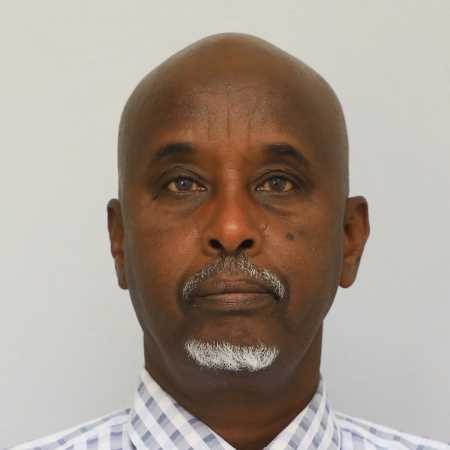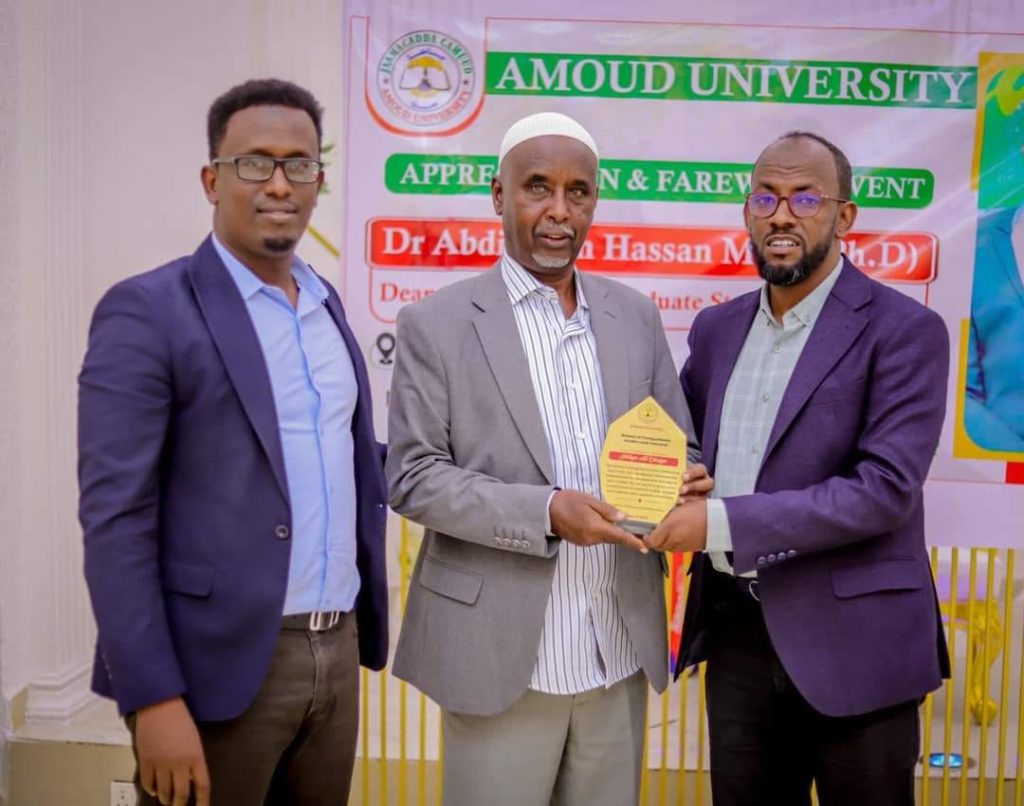The concept of success can vary depending on an individual’s perspective, but it is generally defined as achieving a desired favorable outcome or reaching the pinnacle of one’s goals. However, attaining this desired outcome doesn’t derive without challenges. To overcome obstacles requires a deep understanding to maneuver the problems. Analyzing the challenge and solving to reach your ultimate target could subject to patience. Personal or institutional achievements are always influenced by one’s capability, efficiency, and focus on the way to the objectives.
In the past and present, Amoud has been a famous and respected educational institution, its roots outlining back to the British Somaliland Protectorate epoch in the 1940s. Amoud has transformed into three phases. In February 1952, Amoud was established as a model secondary boarding school and the last stage as university in 1997. Amoud is located in a tranquil valley with a conducive environment for learning. For all these stages Amoud has been graduated by many of Somaliland’s role models including the honored Presidents. In addition to these prominent figures, thousands of brilliant educators from the product of Amoud have contributed to various fields of social development and has been serving the nation across generations.


My story about Amoud University began in late 1996. I was in Sana’a, the capital city of the Republic of Yemen. One day, I met a colleague on Zubairy Street in Sana’a. After exchanging greetings and some conversation, he took a brochure out of his bag and handed me to read. I passionately read; the brochure aimed as a promotional tool for the ongoing preparations to establish Amoud University. Additionally, it was a means of fundraising and gathering opinions from hundreds of Somali teachers who were working for the Ministry of Education as school teachers. I was really surprised by what I have read in the brochure. Then, I confidently asked him
whether it was truly possible to realize this dream into reality or it was merely a distant wish of impossibility. He replied that it could be, but he suggested let them try not to discourage, indicating even he wasn’t entirely sure of the outcome. I presumed it would be impossible due to the destruction caused by the collapse of the Somali regime in the 1990s. At that time, everything was destroyed, and nothing remained for public or private institutions. It was hard to believe or even imagine the probability of re-establishing Amoud as a university, so it seemed like a deceptive dream. I believed that only a government could undertake such an immense project. Actually, people have different ways of thinking about the future, some are creative and forward-looking, while others are pessimistic and despair when things fall apart. Now we all appreciate those individuals that had a vision for the future at that time, and their efforts have proven productive. They deliberately focused on the nation’s most priority education as a weapon for peace and development. Today we have thousands of young educators, who are actively contributing to the nation’s development and the well-being of their people.
I graduated from the Somali National University in 1985. After completing my degree, I tried to receive a scholarship from the Ministry of Higher Education but was unsuccessful. It was my dream one day I would register for my master’s degree. My expectation became possible after thirty-seven years later in Amoud that I supposed to be impossible. I enrolled in the academic year 2022-23 in the School of Postgraduate Studies and Research in Hargeisa. I’ve chosen to study at Amoud University because of its prestige, subject course that can help my professional work and the enthusiasm of the lecturers.
